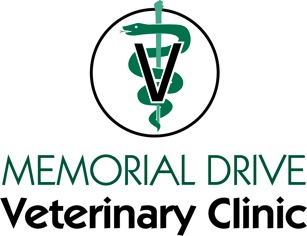Hidden Hazards: Protecting Your Pets from Everyday Toxins
Although we, as pet owners, take great care to keep our furry companions safe, everyday household objects can seriously endanger the health of our cherished pets. Naturally curious, pets can get into problems from time to time, especially if they swallow something potentially harmful. In this article, we’ll identify some of the most typical poisons that pets may encounter and provide you with information to help avoid unintentional poisonings.
Human Medications: One of the leading causes of pet poisoning is ingesting human medications. Pets, especially dogs, may chew on pill bottles or swallow pills dropped on the floor. Painkillers, antidepressants, and blood pressure medications can be particularly harmful. Always keep your medications out of reach, and never give your pet any medicine without consulting your vet.
Toxic Foods: Several foods that are safe for humans can be dangerous for pets. Chocolate, grapes, raisins, onions, garlic, and xylitol (a sweetener found in sugar-free products) can all cause serious health issues in animals. Ensure these foods are stored securely away from curious noses, and never feed them to your pets.
Household Cleaners: Pet-toxic chemicals are frequently found in cleaning goods. These compounds can induce respiratory distress, upset stomachs, and other health problems if consumed or even inhaled. Use caution whenever using these goods, and keep them in a safe place. As an alternative, think about utilizing pet-safe cleaners.
Rodenticides and Insecticides: Poisons intended for rodents and insects have the same deadly potential for our beloved animals. These poisons have the potential to cause fatalities as well as severe symptoms. Examine pet-friendly pest control solutions and use these products very carefully.
Plants: Many common houseplants and garden plants are toxic to pets. Lilies, sago palms, and azaleas are just a few examples. Research the plants in your home and garden to ensure they are safe for your pets. If you’re unsure, err on the side of caution and keep potentially dangerous plants out of reach or avoid them altogether.
Antifreeze: Ethylene glycol, commonly found in antifreeze, has a sweet taste that can attract pets. In cats, even a tiny quantity might result in sudden renal failure and death. Spills should always be cleaned immediately, and antifreeze should be kept out of pets’ reach in well-sealed containers.
Alcohol and Recreational Drugs: Alcohol and recreational drugs can have a severe impact on your pet’s health. Pets can suffer from depression of the central nervous system, difficulty breathing, tremors, and even coma or death. Ensure these substances are never accessible to your pets.
We are the ones that ensure the security and welfare of our pets. We may provide a safer environment for our furry family members by being aware of the common poisons that impact them. Taking immediate action is critical if you think your pet may have consumed something poisonous. For emergency assistance, contact us or the closest veterinary hospital. When it comes to your pets’ health, it’s always best to be safe than sorry. Remember to save the number for the Animal Poison Control Center and have the numbers of your neighborhood veterinarian and an emergency animal hospital on hand. Your watchfulness might prevent your pet’s death.

